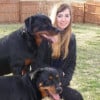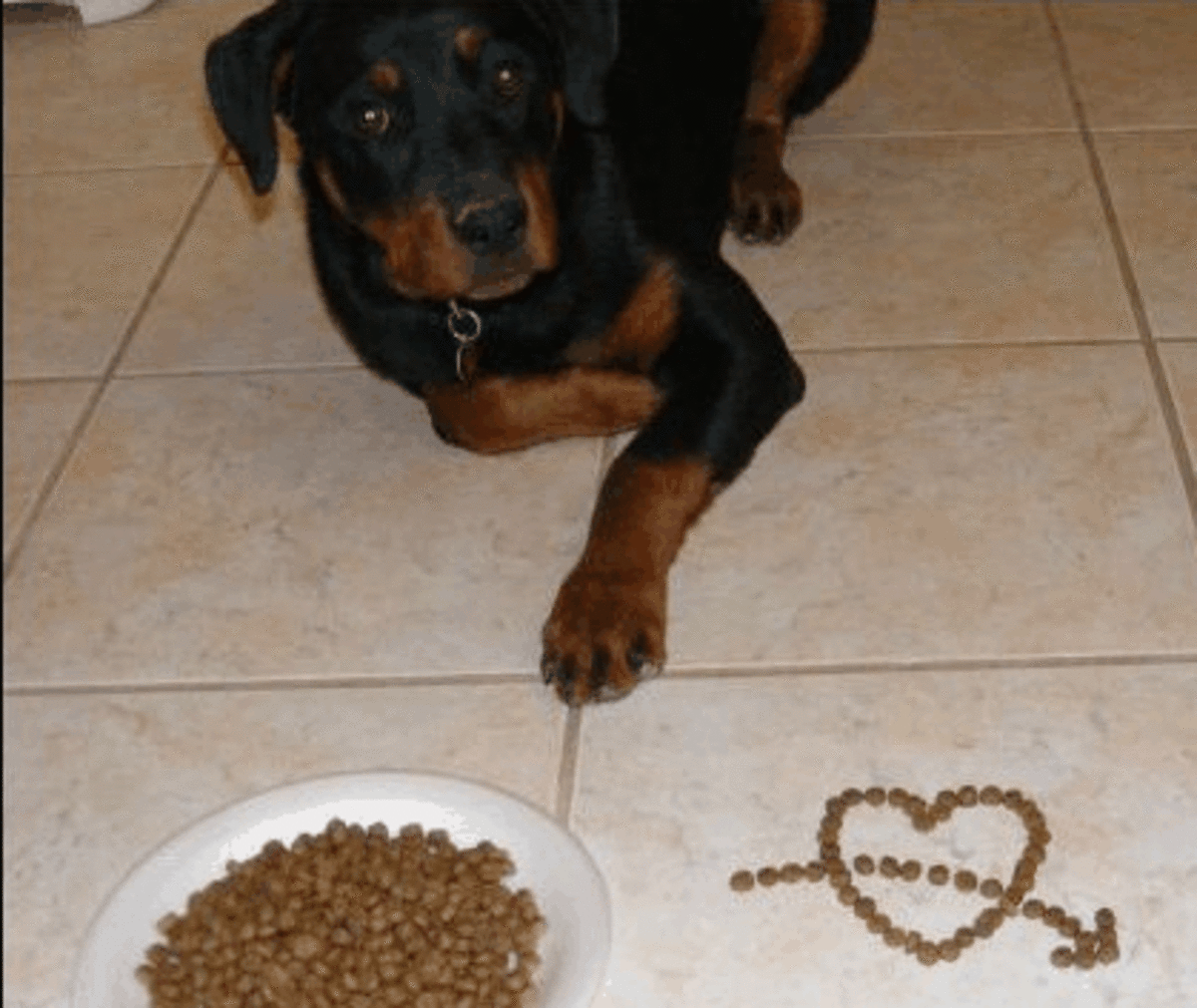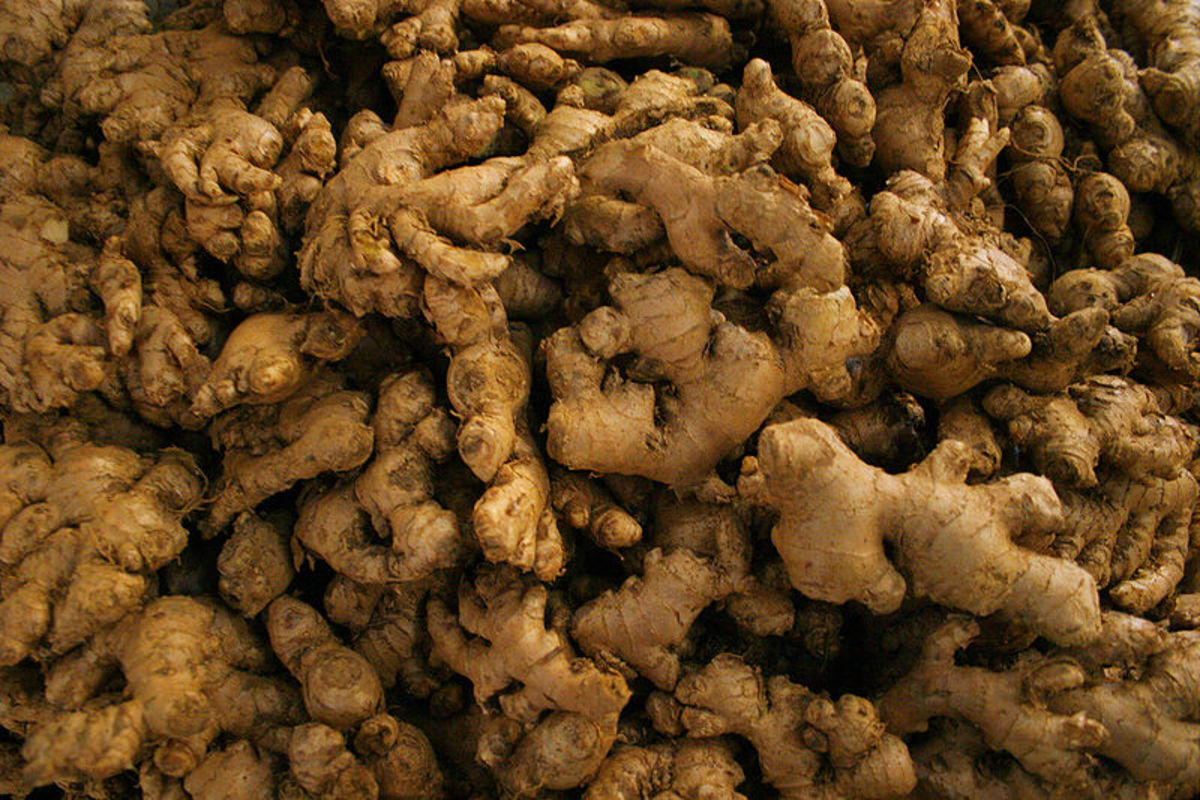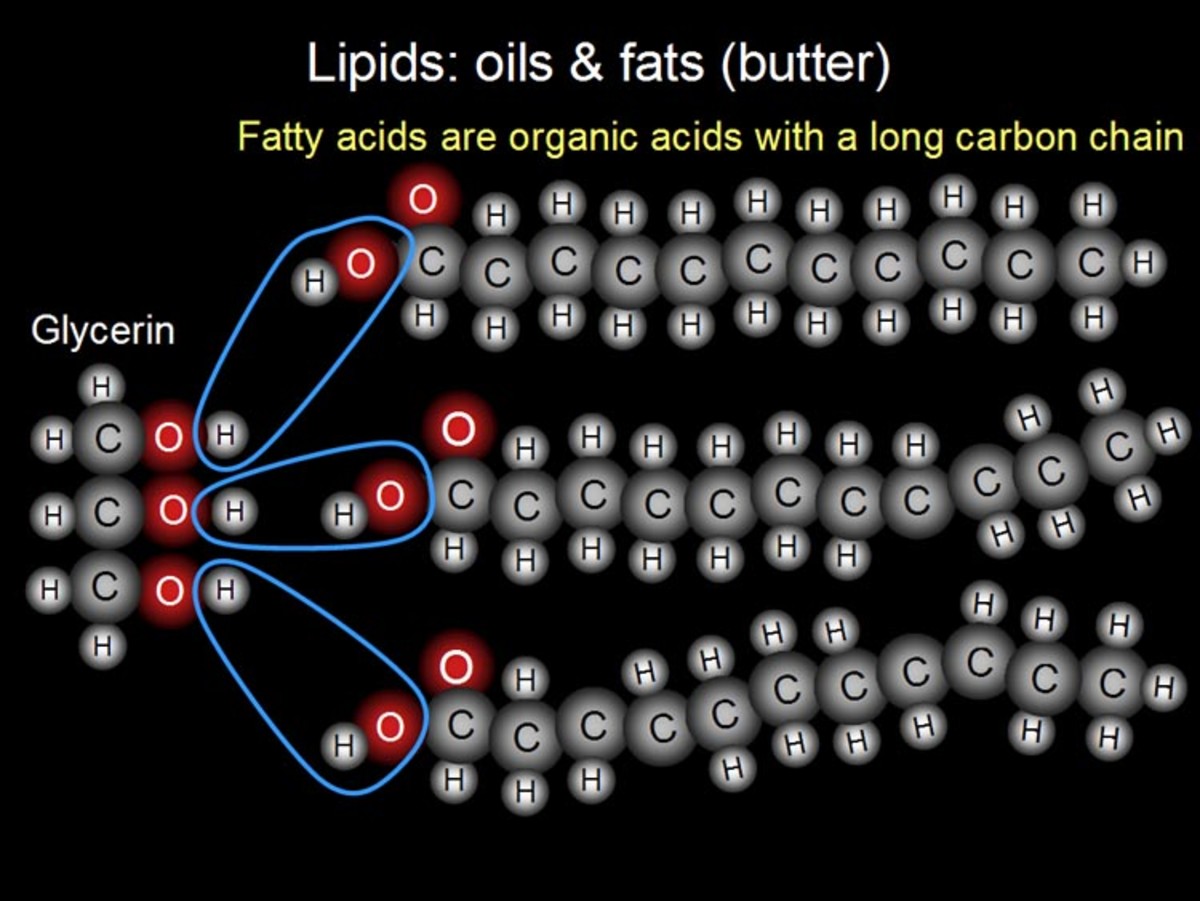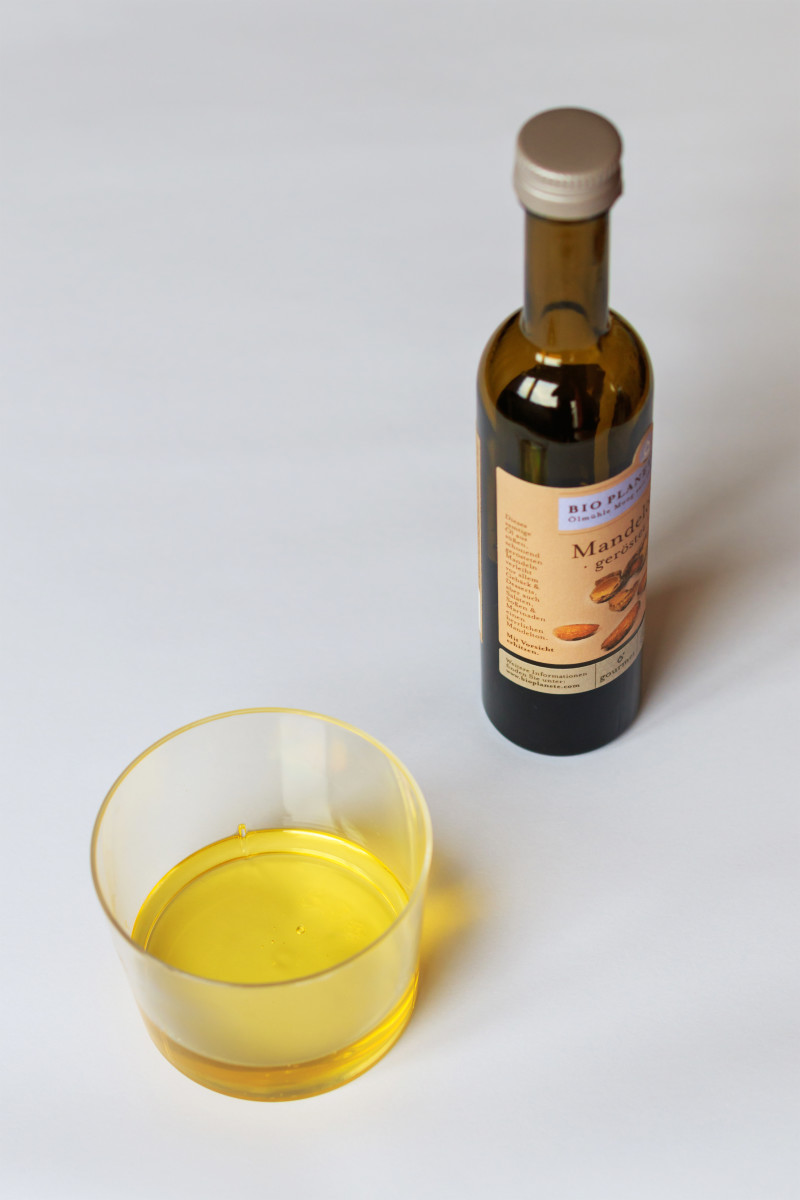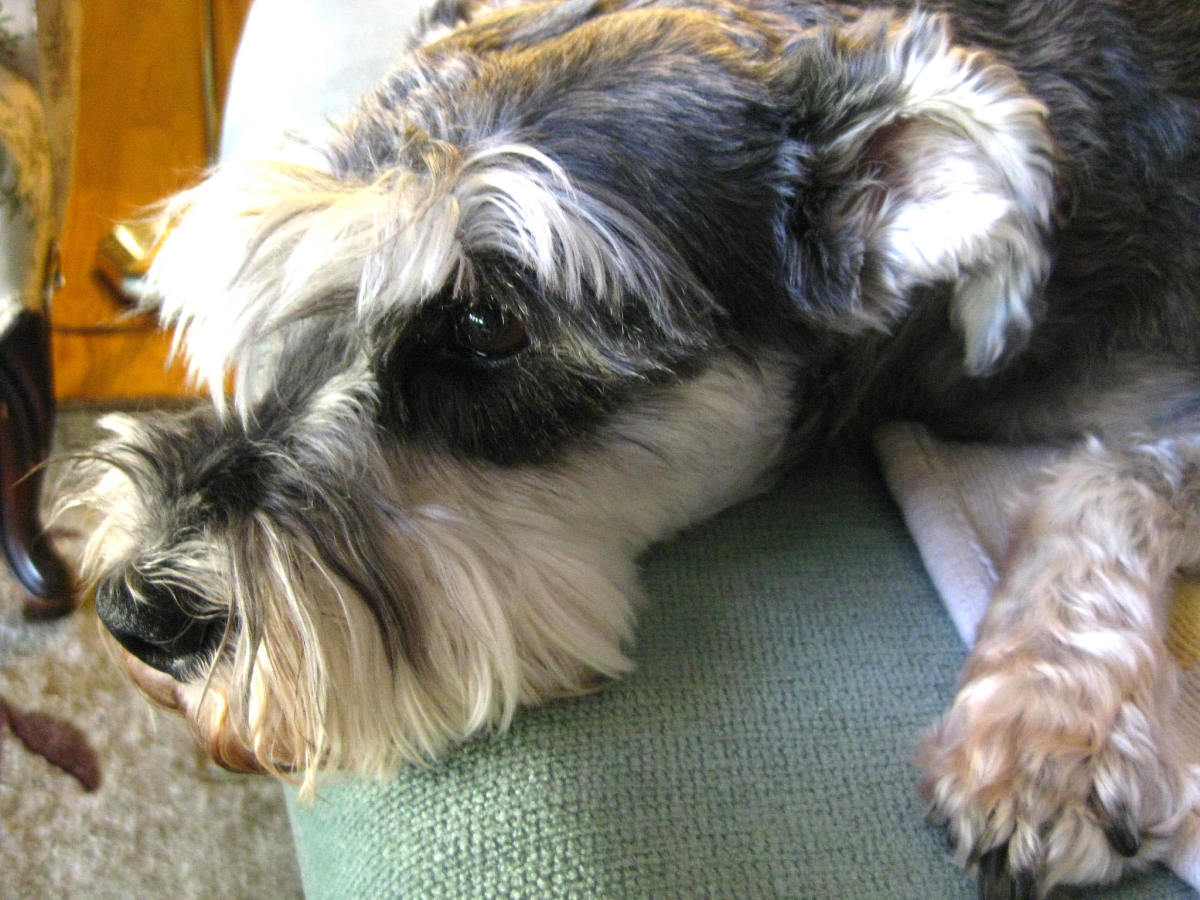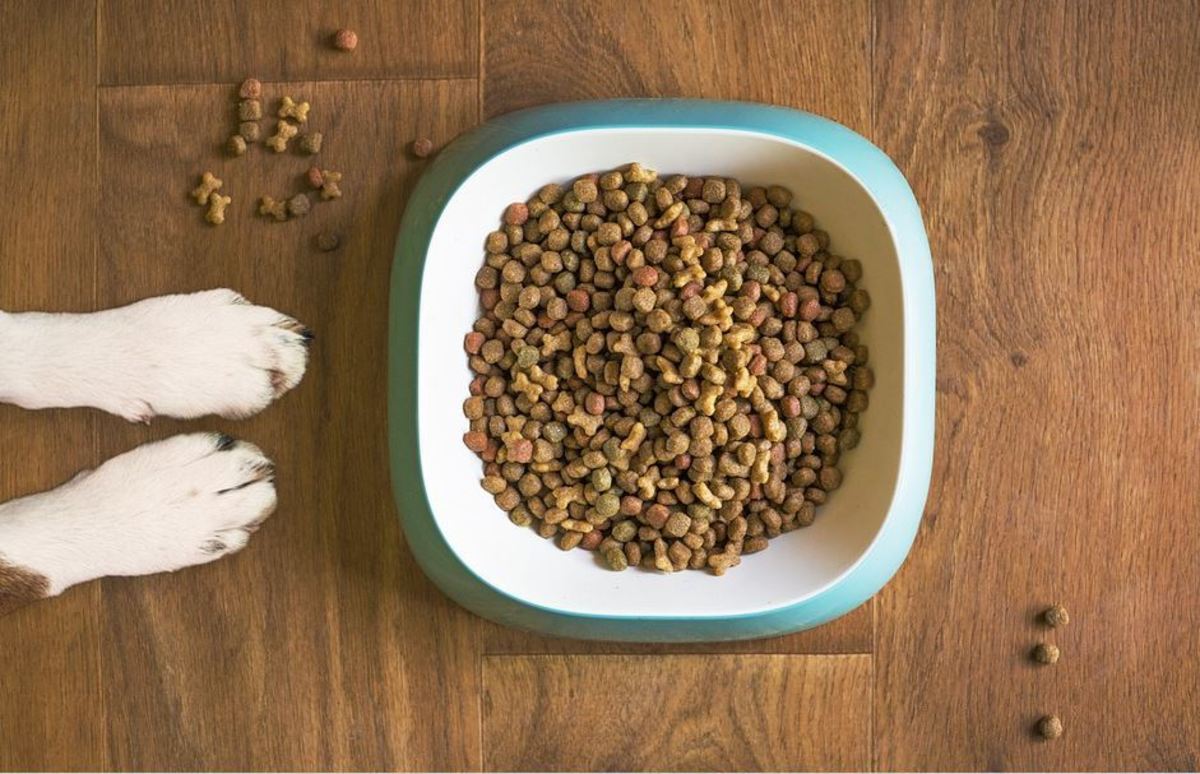The Importance of Fatty Acids in a Dog's Diet
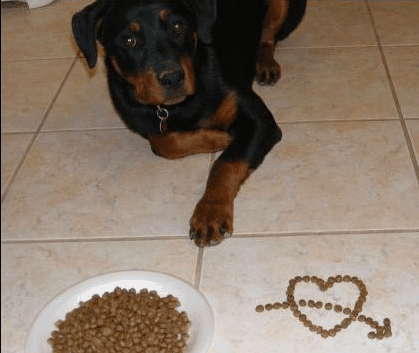
Understanding dog nutrition is not easy. This is why there are nutritionists out there. However, it does not take rocket science to understand some basics. Do not let the technical lingo found on a dog food label confuse you. Deciphering such labels is much easier once you understand your dog's nutritional needs. This guide should help you understand the role of fatty acids in a dog's diet and what happens if your dog lacks them or is over supplemented with them.
In the dog's diet, fat has the primary role of providing energy and the secondary role of supplying essential fatty acids (EFA). Fats also increase the appetibility of foods and carry fat soluble vitamins to the dog's body.
Fatty Acids are simply a type of polyunsaturated fats (PUFA). There are fatty acids and fatty acids. Some, dogs are capable of producing some themselves, whereas other can only be obtained through food. Those obtained through nutrition are known as essential fatty acids. The two main classes of essential fatty acids encompass the omega 3's and omega 6's..
Essential Fatty Acids:
Omega 3 fatty acids include the following:
- Alpha-linolenic acid (ALA)
- Eicosapentaenoic acid (EPA)
- Docosahexaenoic acid (DHA)
Function: reduces inflammation,important for the correct function of brain and retina.
Sources:
- Alpha-linoeic Acid is found in flax seeds, canola oil and black currant oil.
- EicosoPentaenoic Acid found primarily in cold water fish.
Omega 6
Omega 6 fatty acids include the following:
- Linolenic acid (LA)
- Gamma linolenic acid (GLA)
- Arachidonic acid (AA)
Function: to treat inflammatory disorders.
Sources: vegetable oils such as corn and sun flower oil. Linoleic Acids is also found in chicken and pork fat.
Some dogs require higher levels of fats. These are dogs who live in the cold, police dogs and working dogs. Such dogs need more fat so they do not have to get their energy from proteins and carbs,
Excess Fatty Acids
Feeding meals too rich in fatty acids may lead to problems. An excessive quantity of energy may make dogs prone to obesity. While fats can be easily digested, providing excessive fat may cause diarrhea. This is the case of dogs getting sick with diarrhea after being fed excessive fats from greasy table scraps.
Lack of Fatty Acids
- Dull coat
- Predisposition to pyoderma
- Alopecia
- Hot Spots
- Lower reproductive function
How Fats are Stored
Fat content in dry dog food risks becoming rancid. This is why preservatives are used. Most commonly used are vitamin E, BHA, BHT.
Dog Products rich of fatty acids

For further reading
- The Importance of Protein in a Dog's Diet
Understanding dog nutrition is not easy. This is why there are nutritionists out there. However, it does not take rocket science to understand some basics. Do not let the technical lingo found on a dog food... - The Role of Carbohydrates in a Dog's Diet
Understanding dog nutrition is not easy. This is why there are nutritionists out there. However, it does not take rocket science to understand some basics. Do not let the technical lingo found on a dog food...
